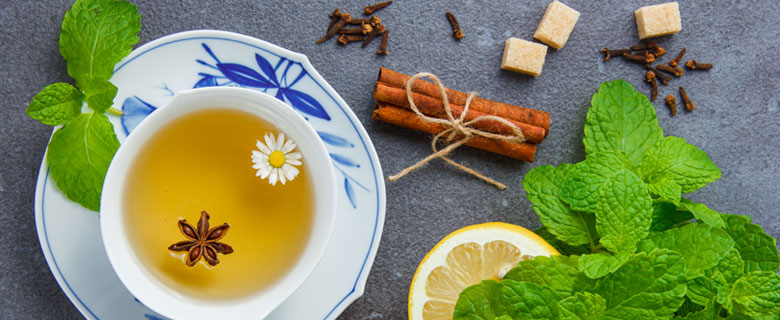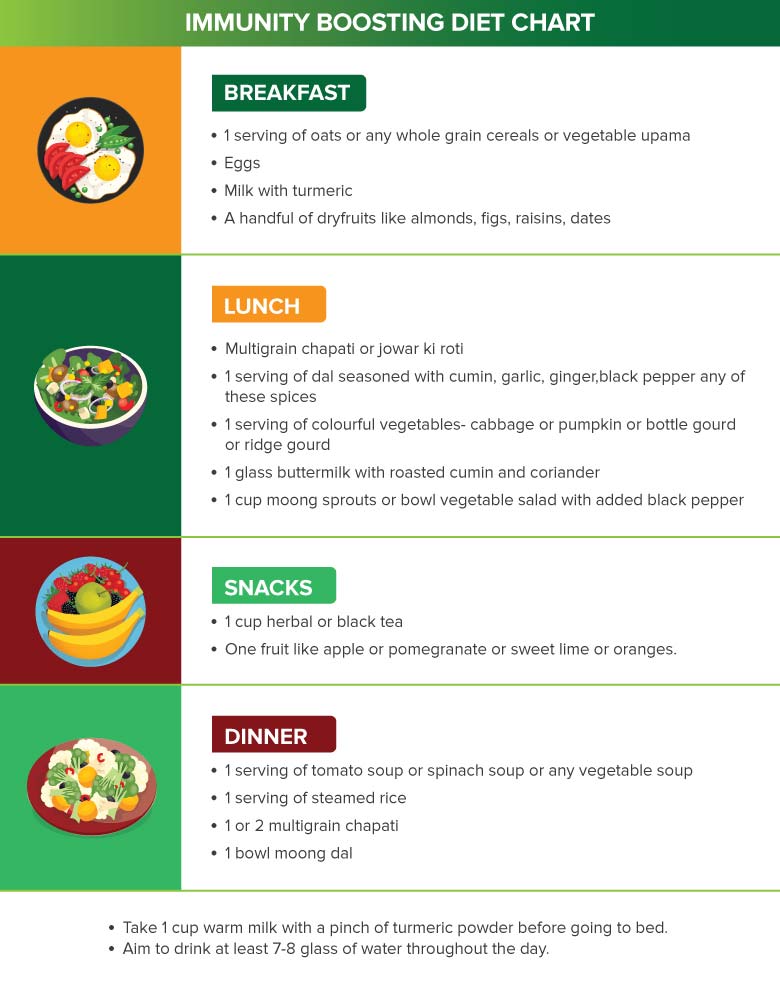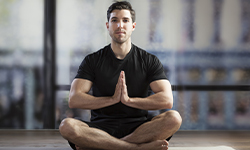
How to Boost Your Immune System with Ayurveda
Have you ever wondered how immunity plays such an important role in every aspect of our health?
Our immune system is the reason why we can easily fight off a cold, or fight diseases and parasites we have never encountered before. Think about how people with a good diet and strong immune system are buzzing with energy, while those with improper nutrition and a weak immune system are always falling sick and feeling tired.
Your energy levels, ability to fight sickness, even the condition of your skin and hair can all be traced back to your immune system.
With the pandemic endangering people over the world, we’re hearing the word ‘immunity’ all around us. Never has it been more important to have a strong, healthy immune system.
So what can you expect to know after reading this article?
- 1. You’ll find out what your prakruti is, which is the first step of any Ayurvedic management
- 2. How your environment over the years can cause changes or imbalances to your prakruti
- 3. How to boost your immune system and come back to the closest version of your original, healthiest, balanced prakruti, ready to fight against diseases
Balancing health and building immunity is a unique journey for everyone – your first step towards building your immunity would be to know your prakruti.
Our quiz helps you identify this unique constitution based on which you will build your immunity.
Over time and every day, different social and physical environments cause certain changes that impact our prakruti, causing imbalance. For example, if you have a vata prakruti and are constantly on edge, anxious or spaced out, constipated, you know your vata is imbalanced. People with the vata prakruti also tend to have generally lower immunity, and external factors such as the summer heat, for example, can cause that immunity to lower even further. Such imbalances will need to be brought back on track (by means of a healthy routine, diet and exercise) for you to live a healthy life and confidently fight against illnesses.
Our Wellness Team, consisting of Ayurvedic vaidyas, yoga coaches and Ayurveda-based nutritionists, work with our users everyday to balance their prakruti and live a healthier, happier life.
In general, Ayurveda dictates a few rules to have a healthy body and immune system:
- 1. Balanced doshas
- 2. Balanced digestive fire or agni
- 3. Balanced mind and soul
- 4. Correct waste elimination
Here are a few general guidelines to bring balance and boost your immunity:
1. Eat a wholesome, seasonal diet

Nature provides us the exact food we need in each season – fresh cooling foods to counter the heat of summers, earthy warm foods to counter the cold of winters. The winter season affects agni, and so do imbalances in dosha. As the digestive fire, agni is essential to breaking down food and converting it into energy.
A few things you can keep in mind are:
- a. Remember that seasonal produce that is local and fresh helps counteract the impact of the season on your body and keeps your digestive fire – and system – strong.
- b. Try to stay away from fried food or junk food as these tend to be oily and heavy and will weigh your digestive fire and not allow it to function.
- c. A good way to know if you’re eating right is to also simply listen to your body – when you’re eating healthy you’ll feel fresh, light and full of energy.

2. Sleep well

When we sleep, our body uses the energy on healing and rejuvenating our cells – this is a ground rule established by both modern as well as ancient medicine. A good sleep routine is essential to all the doshas and especially vata dosha. A few tips to get a great night’s sleep include:
- a. Putting your electronic items away as a habit – the bedroom is no place for buzzing and light that can keep us up and wake us up.
- b. A warm cup of milk – mixed with nutmeg and cinnamon or even turmeric milk, this makes for a soothing drink before bedtime
- c. A foot massage with a few drops of oil – this is not only enjoyable but also beneficial from an Ayurvedic perspective! Oil massages have long been a healing Ayurvedic tradition that bring balance and wellness.
3. Proper exercise

It’s important to find an exercise routine that suits your dosha type. The vata dosha, for example, needs light exercise that brings in balance in mind and body – aggressive exercise can actually create imbalance. If you’re not used to exercising, a good place to start is by getting in activity for 20 minutes a day, slowly building up intensity and duration as it suits your prakruti.
4. Stress management

The fact that stress plays an important role in the causation of several kinds of diseases is a well known fact and well acknowledged in Ayurveda.
There are, however, two kinds of stress – eustress, which means positive stress that acts as motivation, and distress, which refers to negative stress. It’s important to avoid negative stress as far as possible – keep in mind that when faced with stress, the body redirects energy towards dealing with it, rather than toward important bodily functions needed for proper immunity.
Don’t worry if it isn’t possible to avoid negative stress at the moment – make sure you regulate diet, sleep and exercise to help your body deal.
5. Maintain a daily routine

If you think about it, all healthy, balanced people in the world have one thing in common – discipline. A daily routine will bring in a sense of regularity that is extremely calming in these stressful times. For the most effective daily routine, you must wake up early, drink water and flush your body, exercise & meditate, complete an abhyanga (oil massage), and bathe. For the abhyanga, different oils suit different doshas – sesame oil for vata, sunflower oil for pitta, and mustard oil for kapha.
The daily routine teaches your body what to expect, helping it boost calmness and preserve immunity rather than dealing with hectic days. An Ayurvedic routine is a relaxing, refreshing way to start your day!
These few steps will help your body preserve vitality and boost your immune system, keeping you healthy and balanced inside and out. Don’t worry if it takes you more effort or longer to be on your way – everyone’s journey is key, and persistence is key here.
For personalised guidance, feel free to sign up for our





6 Comments
Abeer
Which exercises should I do to boost my immunity?
ReplyRegular physical activity is essential to strengthen your immune system. Simple home based exercise routine daily at least once in a day is essential.
Low impact workouts, simple hand and leg strengthening exercises, chair based sit-ups, stationary cycling, treadmill exercises will be beneficial to help boost your muscle strength and also your inner health.
Daily 20-30minutes of indulgence in exercise and Yoga and meditation at least thrice in a week can help in boosting one’s immunity in the comfort of your home.
Chinmayi Paranjape
Very nice article…thanks a lot!
ReplyHello! We’re glad to hear your feedback. We hope you benefit from this information in your daily life and see a difference in your immunity. Our team of Ayurvedic vaidyas, certified nutritionists and yoga coaches can also guide you along a personalised routine at home. Feel free to get in touch with us for an Ayurvedic consultation: Ayuvi Life Take care!
Shweta Gadad
What meditation or breathing techniques are the best for managing stress?
ReplyBreathing exercises or Meditation can help you relax, because they make your body feel like it does when you are already relaxed. Deep breathing is one of the best ways to lower stress in the body.
Following techniques can help to lower excess stress on a daily basis in the comfort of your home.
Focusing your attention: is what helps free your mind from the many distractions that cause stress and worry. You can focus your attention on such things as a specific object, an image, a mantra, or even your breathing.
Relaxed breathing: This technique involves deep, even-paced breathing using the diaphragm muscle to expand your lungs. The purpose is to slow your breathing, take in more oxygen, and reduce the use of shoulder, neck and upper chest muscles while breathing so that you breathe more efficiently.
Quiet setting: If you're a beginner, practicing meditation may be easier if you're in a quiet spot with few distractions, including no television, radios or cellphones. Staying gadget-free at least for more than 2 hours in the day, especially before sleeping at night is the most essential way to reduce daily stress.
Anuloma, viloma is the vital part of pranayama. One should practice anuloma viloma daily to strengthen your respiratory organs and system.
Kapalbhati, bhatrika, bhramari, sheetalli sitsari also strengthens the respiratory organ system and enhances immunity.
One should select pranayam with Vaidya or Yoga coach advice as per the prakruti, health issues and seasons.
Thank you. Your comment will be visible after an approval.
Add your comment